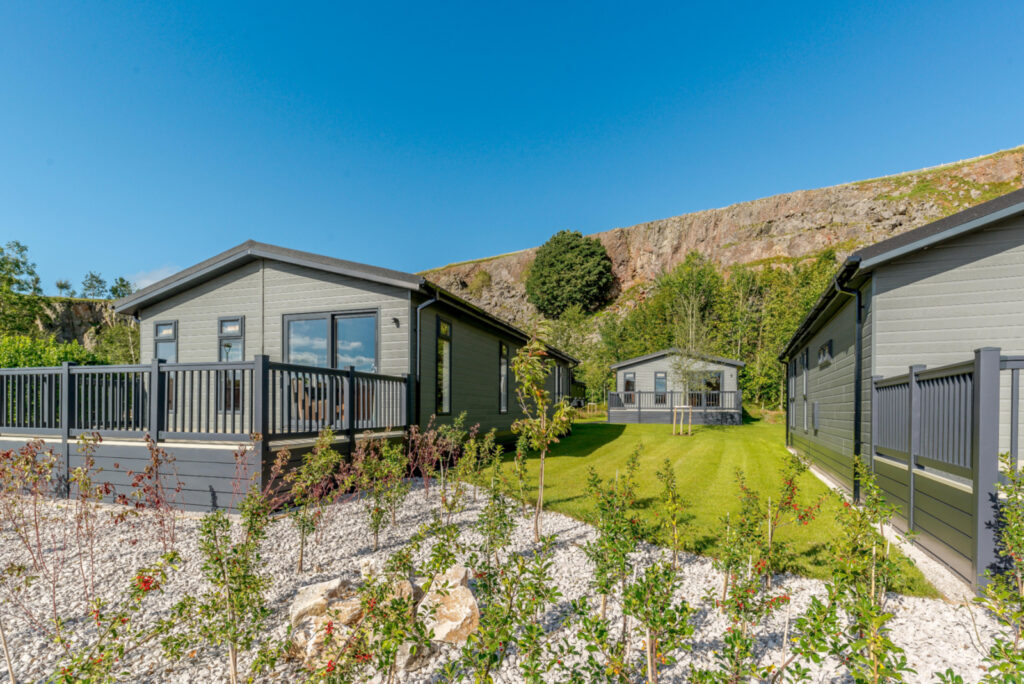How sustainability can help the hospitality industry stay afloat amid a looming recession

The Bank of England has just announced the biggest interest rate hike in 27 years, bringing borrowing costs to a staggering 1.75%. With inflation expected to peak at 13.3% in October, the UK is predicted to be in a recession from Q4 for five quarters, forcing businesses to implement money saving strategies to stay afloat – focusing many industries to rethink their energy costs and carbon emissions. The hospitality sector is currently responsible for up to 15% of greenhouse gas emissions in the UK – according to research – and is key to driving sustainable change. With research from eEnergy revealing that 83% of business leaders have either had or were considering making redundancies or reducing staff hours to cope with spiralling prices, long-term solutions for green upgrades are proving to be more prominent than ever – not just for a sustainable future, but more importantly, for the hospitality industry to stay afloat. The nation’s leading corporate sustainability platform, SaveMoneyCutCarbon, highlights the need to reduce consumption in order to keep up with soaring energy costs. Eco-friendly upgrades are the best way to ensure energy security, and could reduce bills by around £1,878, according to WWF & Scottish Power.
In a pivotal moment for businesses across the nation, the experts at SaveMoneyCutCarbon have compiled a guide for the hospitality sector, with some of the most effective ways to cut energy and water usage. Mark Sait, CEO and founder of SaveMoneyCutCarbon, is also available to discuss the following:
Why businesses in the hospitality sector must consider behavioural patterns around energy consumption
Why switching energy tariffs is no longer a viable option for cutting costs
The importance of embracing solid and effective ESG goals for business strategy
How the hospitality industry can reduce energy and water consumption
Solar Energy:
SolarPV panels will provide a 25-year, fixed-cost energy provision in contrast to the spiralling electricity prices supplied by the National Grid. Considering current installation costs, a solarPV solution will generate electricity at around 5 pence per kWh – this includes operations and maintenance – which is around 60-70% cheaper than buying from the National Grid. In addition, it produces 30 times less carbon dioxide than coal power on average – and will help to cushion against future energy price increases.
Heat Pumps:
Combining heat pumps with solarPV generates a highly effective way of cutting and reducing energy costs. Heat pumps extract thermal energy in the outside air, or from the ground or water. They are significantly effect in the UK’s temperature climate, and do not burn any fossil fuels directly to generate heat.
Vyv Antimicrobial Lighting:
Vyv is a UV-free antimicrobial LED light, which is scientifically proven to kill bugs and viruses while providing quality lighting – vital in the age of COVID. It provides effecting and continuous prevention of the growth and spread of micro-organisms such as bacteria, fungi, yeast, mould and mildew – with studies showing at least a 90% bacteria reduction in controlled laboratory settings.
LED Lighting:
Converting to LED lighting is simply the most efficient and best light-quality solution in hotels and restaurants, and could help save up to 80% on energy costs as well as reduce your maintenance costs.
This is even more beneficial the hotels, where lights are on 24 hours a day. LED lighting provides flicker free, natural lighting that has flexible controls with motion sensing and daylight dimming. Switching or dimming lights can cut energy use by between 20-60% beyond that saved already with LED.
Eco Bathrooms:
Research from Waterwise suggests that 3,100 litres of water could be saved per day in every school. Further research from SaveMoneyCutCarbon reveals that even a moderately leaking toilet can waste 400 litres of water a day – in some cases, it can waste 8,000 litres a day, costing over £6,000 a year. Eco taps can assist the hospitality sector with reducing water consumption by 60%. Alongside this, Propelair toilets can also reduce carbon emissions by 80%. This product uses only 1.5 litres of water per flush and can reduce airborne germs by 95%. For the male bathroom, waterless urinals offer maximum impact as they reduce water consumption by 100% and eliminate the need for costly water management systems – delivering reductions in water use of up to 80%, according to SaveMoneyCutCarbon.
Eco Hand Dryers:
Replacing paper towels with eco hand dryers in the bathroom is an effective way to save thousands on what is normally spent in purchase, cleaning, maintenance and disposal. Paper towels are rarely recycled so replacing them could cut carbon emissions by up to 79%. Eco hand dryers have an annual energy usage of around £6 compared to paper towels, which cost £375.00 – that is a 98% saving. There’s also a low environmental impact, producing 90% less CO2 and a drying time of just 12 seconds on certain models.
Kitchen Extractor Fans:
A dynamic ventilation system saves up to 80% in energy in busy hotel kitchens. By controlling ventilation fan speeds to march extract rates with cooking processes, could help save up to 80% of energy consumption.
HVAC Smart Controls:
Heating, ventilation and air conditioning (HVAC) uses a huge amount of energy, with research demonstrating that it can represent around 60-80% of the total hotel’s energy consumption. HVAC systems take only 60 minutes to install and unlike other systems, it does not rely on its sensors alone – it detects whether a room is occupied and takes control of the space accordingly to deliver maximum savings.
EV Charging Points:
EV charging points are extremely beneficial for guests and staff, and destination charging could even be provided as a service. EVs can reduce carbon emissions by more than 50% if the electricity used is from renewable sources. Going electric is a cost-effective and efficient method for schools, while demonstrating to green-aware parents, staff and visitors that the need to protect the planet is paramount.
Carbon Mentor Scheme:
SaveMoneyCutCarbon, offers a unique ‘Carbon Mentor’ scheme, with hopes to help businesses take the first step in truly making a difference amidst the climate crisis. This service includes a tailored strategy created specifically for carbon reduction and reducing energy bills in schools. Schools will also be provided with measured savings and the impact clearly demonstrating the eco-friendly changes that have been implemented, which you can share with your school community and Governors.




